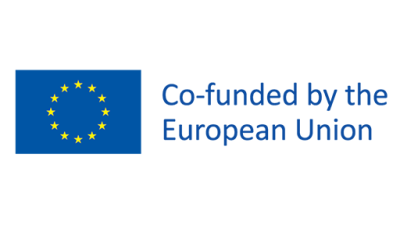You can see Jamk's international partners with an agreement on student and/or staff mobility in our Mobility Online portal. The information in the portal varies according to the agreement situation.
In addition to these mobility partners, the Schools may have other international partners e.g. within projects or other cooperation forms.
You may ask more about the partner institutions and the contents of the mobility agreements also from Jamk's International Services.
How to filter information in the portal
- Click Agreements
- Fill in your search criteria
- "Type of person": choose if you want to see agreements with student and/or staff mobility
- "Type of application": choose if you want to see agreements with incoming and/or outgoing mobility
- "Study field": choose the study field
- Choose other search criteria; country, city etc.
- The partners according to your search criteria are listed under heading "RESULT"
- Agreement information
- To see valid agreement and exchange program information for each partner, click “agreements” (handshake icon)
- "Program" field: SMS = study exchange, SMP = practical training exchange, STA = teaching assignments, STT = other than teaching assignments
- JAMK SMS/SMP/STA/STT means bilateral agreements (JAMK exchange)
- Erasmus SMS/SMP/STA/STT means Erasmus+ agreements (Erasmus+ exchange)
- Then, click the blue i -icon on the right side to see all information regarding the agreement
- To see valid agreement and exchange program information for each partner, click “agreements” (handshake icon)

